So a few days ago, I was on Memebase. In recent times, there has been a much greater focus on games on the site, with lots of game memes, videos, and news items, some of which are even funny or insightful. Anyway, Memebase's users have obviously been vehemently hating on Microsoft regarding the Xbox One, and hailing Sony as the saviours of the industry. While perusing the main page, I saw this post. For those who don't want to click through and try it for themselves, the header reads "Microsoft Finally Admits Xbox One Was a Failure", and below is a YouTube video which has a still shot of Don Mattrick.
I clicked the video, not really believing that Mattrick would say anything to that affect, but I was curious, and bored, and maybe a little tired, so I clicked it anyway. My suspicions were correct. The video that played was Rick Astley's "Never Gonna Give You Up". It was a good gotcha, especially considering how old Rick Rolling is as a meme at this point, and it gave me a pretty good chuckle. It's also only the second time that I've ever been Rick Rolled.
And I can't help but think back to that when I think of the complete reversal that Microsoft has made regarding their new console.
We all saw the news. Giant Bomb's own Patrick Klepek largely broke the story (much to the detriment of Giant Bomb's server load and engineering team), although he later said on Twitter that there was one other site, presumably not one with GB's readership and following, who beat him to the punch. The result was a mass outpouring of shock, confusion, and even joy from the gaming press and the internet in general at the announcement. The news was enough to make Giant Bomb's own Vinny Caravella pre-order an XBONE when he had previously chosen not to do so.
It was a necessary move. This is a console war, after all, and Microsoft were dying a terrible PR death in the media and among enthusiasts, due both to their own bumbling attempts to articulate their own vision, and due to Sony's confident and emphatic dedication to the status quo. We don't know exactly why the reversal of policy came about, but one can only assume that the higher ups at Microsoft either saw console pre-order numbers, or listened to the opinions of the media, or got negative feedback from their people on the ground from E3. But regardless, this was a financial decision. They saw the hand they were dealt by Sony. They envisioned their console that people hated before it was even out going up against a competitor who was not only beloved and supported by the populace, granting them greater consumer freedom, but who was also selling their console for cheaper. They saw the writing on the walls, and pulled the plug on the all digital future.
And I for one can't help but be kind of sad that they did.
Don't get me wrong, Microsoft earned their unpopularity due to how bad their messaging was, but ever since the XBONE announcement, and all through E3, I kept thinking to myself that maybe Microsoft is on to something here. Maybe their error is not their idea, but rather their messaging of said idea. Maybe, once the dust has settled, we'll see Microsoft as visionaries who saw the way the currents were running, and built a system to embrace the future, and see the PS4 as a relic of the pre-all digital dark age, a fossil, an artefact from the "wrong side of history".
I think describing Microsoft's original idea for the XBONE as being "heroic" or "visionary" is giving them way too much credit, but there is a part of me that is kinda sad that they've back-tracked so heavily on said vision. I would have maybe expected more of a compromise between the progressive and the status quo - less stringent restrictions on consumer rights, changing the requirement for the connection to the main server to longer than 24 hours. But no, they decided that desperate times call for desperate measures, and they pulled the rug out from under themselves.
I know the all digital future is only compatible with a very small percent of the population compared to the compatibility of an average console (i.e. do you have electricity and a television? OK, you're good!), and for those people not being able to use the system as designed, if at all, is a massive bummer. But at the same time, I want the all digital future to happen. I'm so over discs. And yeah, I am one of the people lucky enough to have good stable broadband, I live in England, which is obviously one of the countries that was getting XBONE, and since I bought my 360 in 2007, I've never taken it to a place where I couldn't get a broadband connection. And yes, I can afford to buy almost all of my games new, and I haven't lent or traded games with anyone since I used to trade GameCube games with my cousin. I am, in many ways, the exact person that MS had in mind when outlining the digital future of the XBONE. That doesn't mean I had one pre-ordered - if I were going to buy a console day one, it'll be a PS4 - but in some ways, I'm actually less interested in the XBONE now than I was before.
The Microsoft vision of the all digital future was obviously misguided in a few ways. First, they didn't do a good job of explaining what the benefits of all digital were. I buy Kindle books because they're often cheaper and so I don't need to carry a whole bunch of books around. I buy digital music because it's usually cheaper - in some cases, a CD can still be cheaper, and if I can find a CD of an album for the same price as digital, I buy the CD every time, mostly because my car is a decade old and doesn't have an MP3 dock. I use Netflix and Sky TV for films and TV, and 90% of the time I'm going to watch something once and be done with it. I buy a huge majority of the stuff I buy on Amazon, so I don't have to leave my house, which is something I often detest doing. And since 2010, a great majority of my game purchases have been via Steam, because they look and run better than console games on my reasonably good PC, they're cheaper - especially with Steam sales - and I don't have to faff around with discs.
Microsoft didn't make their consumers want an all digital future; they outlined a few reasonably promising benefits to the system, such as sharing games, not having to have the disc in the system to play physical copies of games, and the use of the cloud, but that promise was outweighed by the prospect of an intrusive ecosystem that farmed data from your every action, demanded a daily internet check, destroyed well established current business models, and so on. I think a lot more people would have warmed to the all digital future if there was a clear message from Microsoft that the digital games would be cheaper, or that Xbox Live granted users free games in much the way PS+ currently does - and I'm not talking about old games like Assassin's Creed II and Halo 3, both of which have had multiple sequels since release - or that games would go on sale at large discounts.
What's more, Microsoft outlined some of the ways in which games communicating with the cloud and so on would be great for developers, and would actually make games better, but it's not as if there were any developers falling over themselves to tell people that Microsoft was telling the truth. The general reception to Microsoft's recent mentality and policy has seemed pretty poor, and in some cases they seemed to have deeply alienated the people that make the games that people will buy on the XBONE - case in point, the justifiable outrage at CD Projekt Red when it was revealed that Poland, where CDPR is located, would not be one of the countries where Microsoft would be launching the XBONE.
And second, Microsoft maybe didn't pick the best time to unveil their vision of the future. Microsoft announced their plans for the all digital future at a time when the general populace is starting to think real hard about digital rights.And in many ways, the XBONE became the central point of the debate. It became pretty clear that a great majority of people aren't ready for the all digital future.
We've accepted digital rights restrictions in the past - such as the number of device restriction on iTunes purchases - but the current crisis as to what we are actually buying when we buy a digital game is a legitimate cause for concern. It seems as though users have little to no rights when it comes to their digital purchases, but maybe that arose as the status quo because we allowed it to. We weren't asking these tough questions before, but now we are. People weren't talking about Steam as an evil platform that restricts the rights of its users, despite the fact that there is literally zero opportunity for you to lend or resell a game once you've bought it and activated it - although current rumours suggest that Valve might be trying to work out a system for game lending on the platform.
I'm not saying the two cases are comparable, and people claiming that XBONE and Steam are the same thing are misguided; they're forgetting the open nature of the PC platform compared to the completely closed system of a console. But one of the main difference between people's opinion of Valve and their opinion of Microsoft is due to image and presentation. Valve present themselves as massive nerds who understand their customers, and want everyone to be able to play the best games. It doesn't hurt that they have also made some of the most beloved games of all-time. They are ostensibly a platform holder and a publisher, but they act like a developer, and present themselves as such. Much the same can be said about Nintendo because of their strong first-party games, and that helps feed the cooling fires of the locomotive of Nintendo fandom. Microsoft come across as a corporate enterprise who view their customers not as people, but as data and demographics. The people selling you the system aren't the people who made Half-Life.
Anyway, to go back to the digital rights issue, it's obviously a broad one, and must be addressed across a spectrum of industries and media. It's easy to see large scale legal disputes arising; many people were already predicting the XBONE would violate European fair use law. And maybe the law courts and governments of the world's nations need to decide what the status of our digital rights is in an era where digital media is becoming increasingly ubiquitous, as opposed to allowing publishers and manufacturers to set the de facto standards on a case-by-case basis. If the all digital future is imminent, we need to know where we stand; there need t be clearly defined guidelines for what I am buying when I buy digital goods, what my rights are, and what punishments should be dealt for violating said rights. I don't have a huge degree of confidence in governments setting up guidelines and standards that are consumer friendly - the fact that recently the government of Australia didn't seem to know how many of its agencies were able to block websites without due warning, fair discourse, or even an explanation as to why, should give you some idea of how much modern governments "get" the internet - but the law courts are a somewhat different matter.
So now that I've outlined why Microsoft made a mistake in how they went about presenting their vision of the future, and the ways in which that vision may have been misguided or ill-timed, let me now present a few reasons why Microsoft had the right idea.
First: we've all seen the ridiculous comments Don Mattrick made to Geoff Keighley regarding the matter of people whose circumstances prevented them from being able to embrace the all digital future. The suggestion that the 360 was an ideal console for those people is ludicrous, and obviously the response was overwhelmingly negative. Those aren't the statements you make during a console war, especially when your competitor is offering greater customer liberty and very similar hardware specifications for a lower price. The obvious answer isn't that the 360 is the alternative to the XBONE, but rather that the PS4 is.
But when you think about it, maybe it's not such a bad idea.
Microsoft had a very obvious demographic and consumer base in mind when unveiling the XBONE, so much so that they actually provided a list of countries where they would be launching the XBONE at launch, a list which offered a huge middle finger to Africa, most of Eastern Europe, South America, and the two countries which between them represent a third of the planet's population - China and India. But if Microsoft believed that if they made a system that tailored to that demographic, and that they could turn a profit by selling to that demographic, then why not? Say what you will about their idea for the XBONE, but it would have been a system with a very clear identity, something which is rare in the modern age.
Think about how homogenised the two major consoles (sorry Nintendo...) have become, not just in technical specs but in features offered. The 360 was seen as the bro console with all the shooters, but Call of Duty came out on PS3 too, and it's not as if Sony wasn't trying to crack the market with Killzone and Resistance. The 360 was seen as the heavily American focused machine, as compared to the stronger emphasis on Japanese and European games on the PS3, but Final Fantasy XIII came out on 360, and just as many European developers embraced the 360 as embraced the PS3 - The Witcher 2 was a 360 console exclusive.
Isn't there something to be said for a platform that tries to do something different? Yes, that would mean putting certain highly anticipated games such as Titanfall, Quantum Break, and the next Halo game from 343, behind a barrier that for some users is impenetrable. But isn't that like being a kid who could only afford a Sega Mega Drive/Genesis, a kid who lauded over NES owners for two years but then spent all of 1991 hearing his friends talking about Super Mario World? The divide between one console's fanbase and another's is not new, and while it's by no means a perfect comparison, it's something to think about.
And Microsoft's back-tracking opens the doors to a competitor. Let's say Apple does what people have been speculating they would do for years and announces an all digital console with no physical media at all, but it's a great multimedia machine, and it plays all the third party games and sells them for less. I can't imagine they would expect to sell as many consoles as Microsoft and Sony, but such a device could potentially be revolutionary for the demographic that Microsoft was targeting with their XBONE plans. Now I'm no business expert, and it's possible that such an initiative would result in an Apple Pippin-eque disaster, but it's still a possibility.
And while people were irate about the limitations on selling used games, they were effectively, and indirectly, fighting in defence of GameStop's business practices. The used game market is an anomaly in media, perhaps due to the higher price of games compared to CDs and Blu-Rays, and it's one that, according to many people, isn't necessarily healthy for the industry. Games are thriving on the PC, which has almost zero used games freedoms, so let's not assume that restrictions on game rights would kill the XBONE platform. Platform holders are still beholden to brick and mortar stores, which might not be good for the growth of the industry. In the music industry, many bands have decided to cut out the middle man and sell their music to you directly, rather than through a label, and have thrived. Microsoft is still a third party in the transaction between the developer and the customer, but it's still a healthier practice than them also having to cut retailers in on it. Physical retail locations are not going to go away, and there are some things that people will always want to go to a store to check out before they buy it, but the general trend in media and entertainment has been away from retail, and that should include games. Online retail is bigger than ever, and has already begun to kill the brick and mortar stores, and it's in the interest of platform holders to not let retail have so much power over them when there are so many viable alternatives, such as Amazon or directly selling to their customers via digital sales.
And finally, the world isn't ready to go all digital in 2013, but maybe Microsoft should have had more confidence that by making sure their console was ready for the digital future now, they'd be prepared for when it comes. Think about how the 360 and PS3 were when they were launched, and how many features have had to be awkwardly bolted onto it due to new expectations and trends in media. Changing the infrastructure mid-way through a console's life is like trying to change horses mid-race. It wasn't necessarily a bad idea for Microsoft to take the forward thinking approach and make sure that the system was ready for the future even before it arrived.
Microsoft's reversal of policy stinks of failure and desperation, but if they had clearly outlined the positives of their plans, and made it so those positives outweighed the negatives, then the story could have been completely different. One of the things that designers and manufacturers of technology need to do is to anticipate the needs and desires of their customers before they've even thought of them themselves; to show them what they wanted, but didn't know they wanted. This is what Apple has done in the past, with great success. The iPod was a no brainer - MP3 players were a good idea, but no one made a really good one until Apple - but the iPhone and iPad weren't certainties, and when the iPad especially was announced there was a definite feeling among the internet that asked the question "why does this thing exist?". Well, Apple that there was a market for it, and that that market was pretty damn big, and changed the industry so much that the tablet market developed due to other companies following their lead, and even traditional laptop manufacturers started making tablet-notebook hybrids.
So that brings me back to my original point. I didn't want the original Microsoft vision for the XBONE, because I had little confidence that it would be bring tangible benefits to users, but I kinda want someone to have the vision to say "this is the future, this is what you want, and we're going to make it, and do it right." I want someone with a clear vision, reasonable expectations, and good business practices to fill the void left by the XBONE becoming another x86 based platform with a strong reliance on physical media.
The wider world might not be ready for the all digital future, but maybe I am. Being afraid of the future, the new, and the unknown is natural, it's happened as long as human civilisation has existed, and it's rarely a good idea to take crazy risks when your first priority is running a profitable business. But if I'm not the only one ready to fully embrace digital media, then maybe there are others. Maybe there's enough of us that there is actually a market for a console that does everything Microsoft promised, and much more.
In 2013, the decision to reverse their policy seems like a complete no-brainer for Microsoft. But will we still see things that way in 3-4 years time? I'm not so sure.
----------------------------------
p.s. I ended up writing waaaay more than I intended, and I've spent so long writing it that I can't actually be bothered to proof-read it. So please point out any factual errors or anything of that nature. And of course, please tell me all the ways in which I'm wrong, and if you make a good point, I'll try and come up with a considered retort.
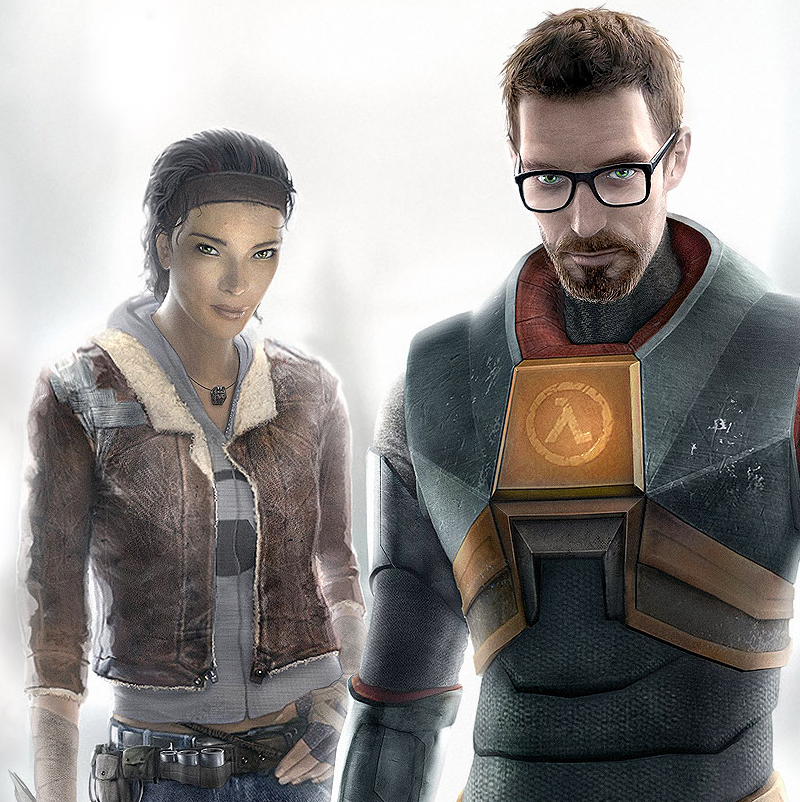
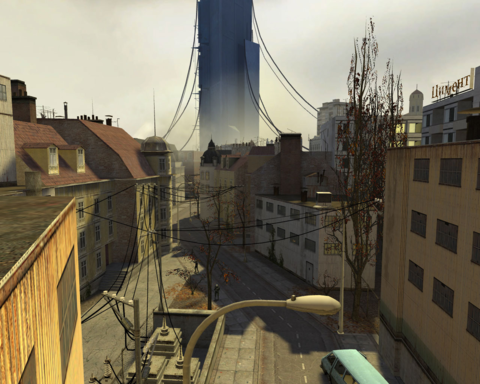
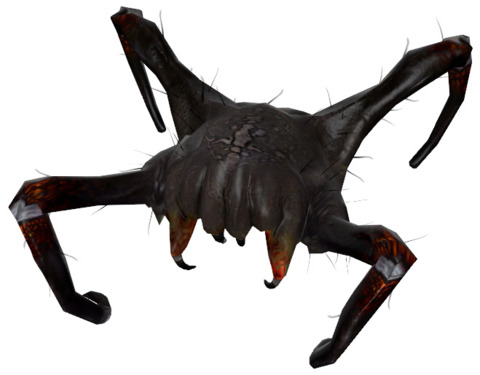
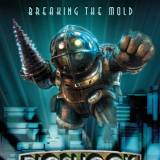
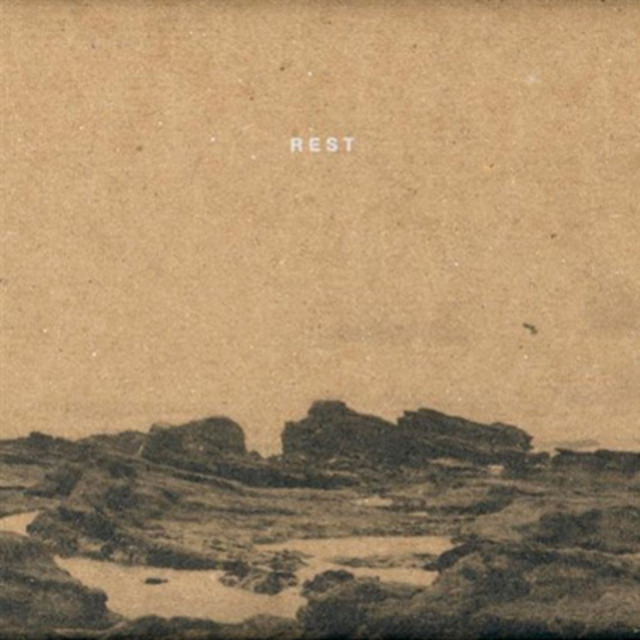

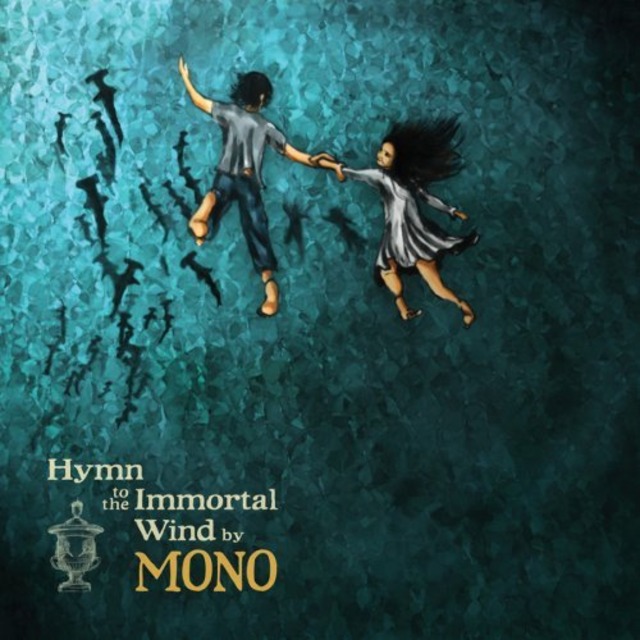
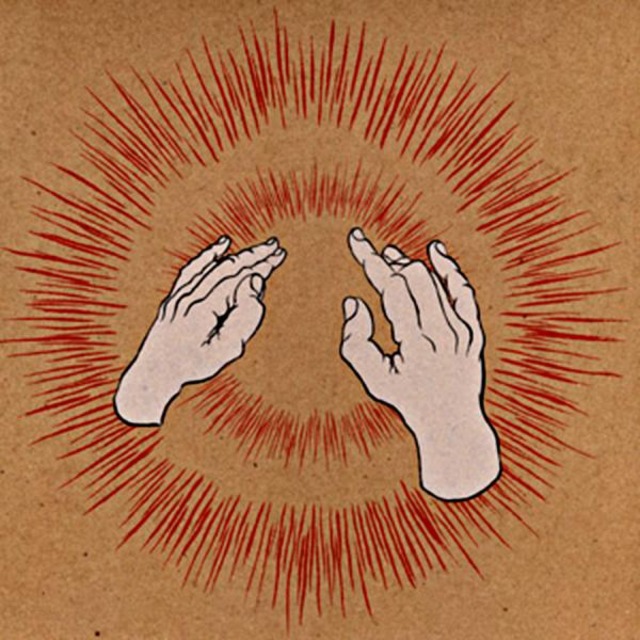
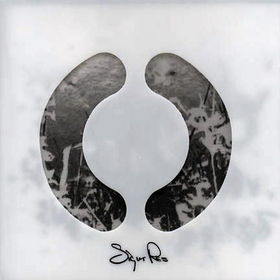
Log in to comment